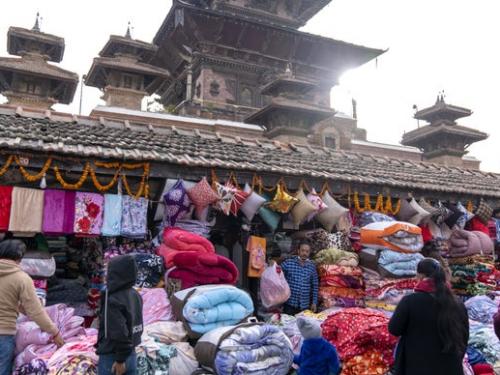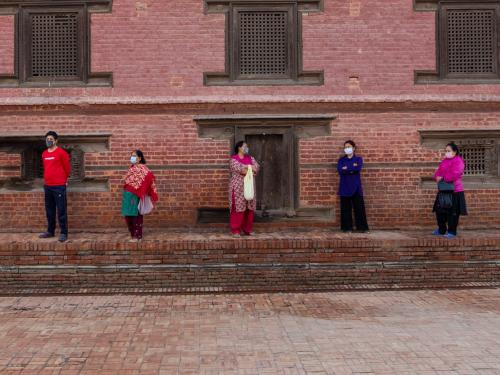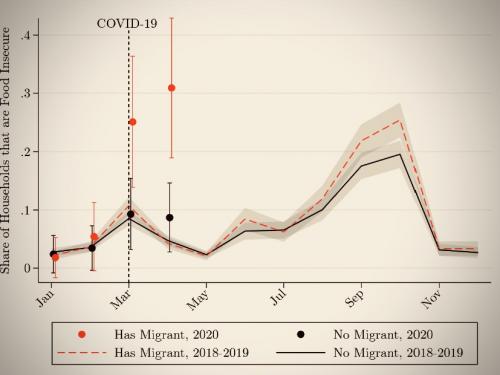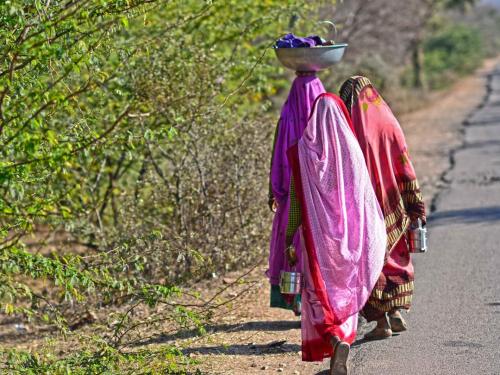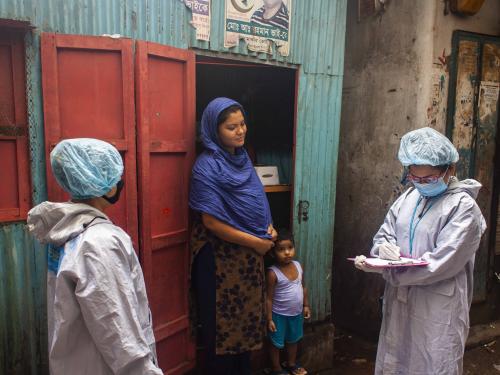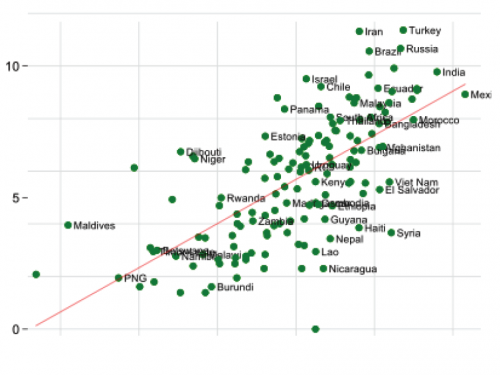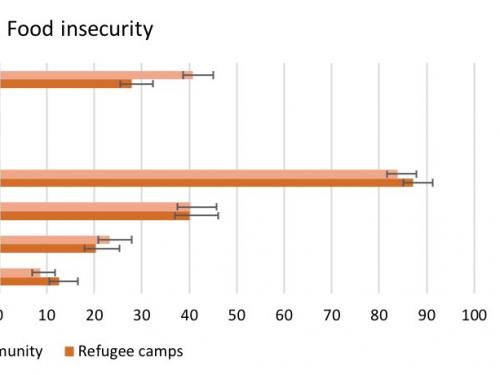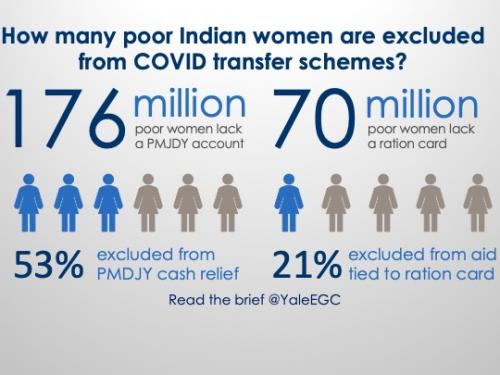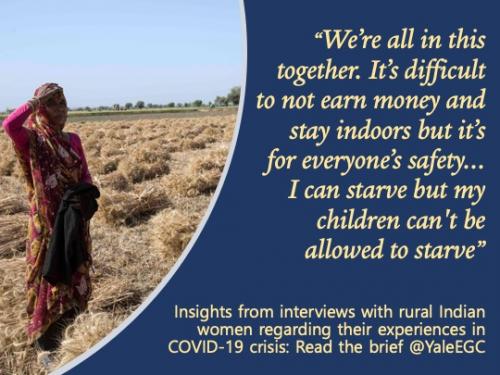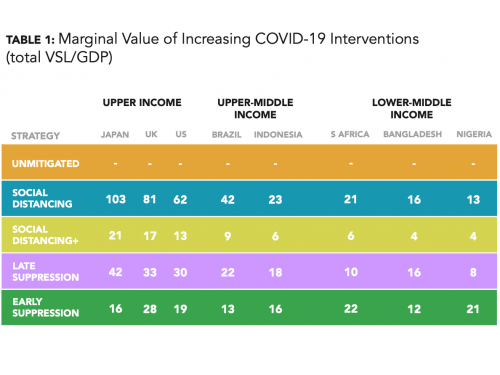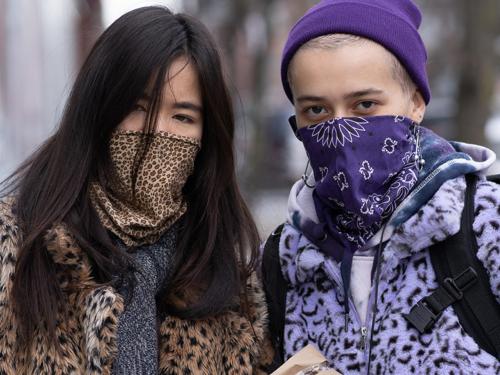Research to guide policy
EGC researchers are conducting analysis that can help governments make decisions on how best to address the pandemic.
Pandemic erodes living standards in developing countries, study shows
People living in low- and middle-income countries have been hit especially hard by the COVID downturn—to the point that nearly half of them may now face some level of food insecurity
Preparing for Nepal's upcoming flood season and Covid-19
EGC researchers collaborated with policymakers in Nepal on a survey of local officials concerning their response to the pandemic. The results provide guidance on why and how local governments should receive more funding to manage the twin problems of floods and Covid-19.
Migration and the Labor Market Impacts of Covid-19
Mushfiq Mobarak and coauthors use detailed microdata from Bangladesh and Nepal to document how migration-dependent households have been hit with the dual shocks of higher infection prevalence and greater economic disruption as a result of Covid-19.
Expanding the scope of India's relief measures
An April 2020 survey conducted by a Yale-based team of researchers finds that the food distribution system in the state of Chhattisgarh helps alleviate food insecurity. The findings provide insights for a nationwide strategy.
COVID-19 Survey Modules
Researchers at EGC and Yale MacMillan Center and collaborators have been studying how the pandemic has impacted vulnerable populations in India. Now they have opened access to phone survey modules relating to COVID-19 for researchers to use in other contexts.
Using Migration Patterns to Predict COVID-19 Risk Exposure
How to compare COVID-19 across countries or areas within low- and middle-income countries, given uneven testing? Mushfiq Mobarak and coauthors have developed a methodology to make indirect inferences about the spatial distribution of COVID-19 risk.
COVID-19 in host and refugee communities in Bangladesh
COVID‐19 symptoms are highly prevalent among Rohingya refugees and the host population in Cox’s Bazar, Bangladesh, according to a phone‐based survey conducted by Mushfiq Mobarak and other researchers based at Yale MacMillan Center and IPA.
Will India's relief transfers reach poor women?
Distributing COVID emergency payouts using only India's digital banking program may miss most poor women, according to an analysis by Pande, Schaner, Moore, and Stacy. The research team assesses the scope for food transfers to fill the coverage gaps left by cash transfers.
Getting by on Rice and Salt: Rural Women’s Coping Strategies during India’s Coronavirus Lockdown
In-depth telephone interviews reveal that women and their families are facing rising food prices and spotty access to social assistance programs. Read insights from the research.
Social Distancing in developing countries
Recommending or mandating social distancing measures has become the primary policy prescription for combating the pandemic in the West. Mobarak and Barnett-Howell analyze whether the benefits of such policies vary across rich and poor countries.
The case for universal cloth mask adoption
The benefits of each additional cloth mask worn by the public are conservatively estimated at $3,000-$6,000 – and for healthcare personnel the benefits may be hundreds of times larger, according to research by Judith Chevalier and coauthors.
